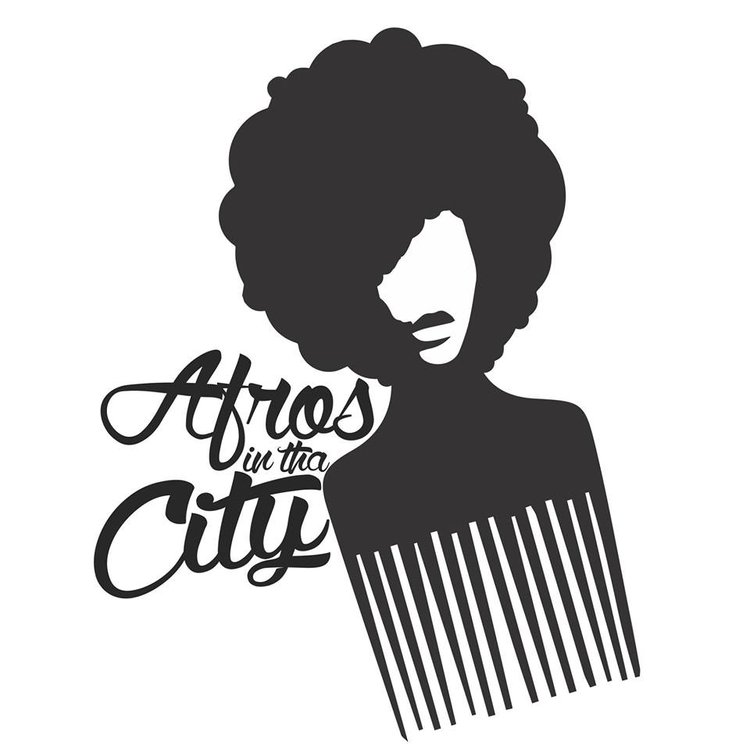I am a floater.
At this point in my life, I have accepted that there is no real “place” for me. I just travel between scenes and cultures, experiencing life looking from the outside in.
I’ll wake up in the morning, make puff puff, practice Everytime on the piano, head onto YouTube to see what’s going on in the “urban” world, then check out the rock outlets, leave the house to eat some sort of westernized version of foreign food, come back home and study the society I’m fighting so hard not to resent.
That’s fine.
If we’re going to refer to the race binary for a moment, White and Black skin are on completely different ends of the spectrum. Our features are on completely different ends of the spectrum. Relaxing my 4c hair will never make it look, feel or act “White.” The “Whiteness” of other ethnic groups has been up for debate in the past (for example, in the case of Italians.)¹ This will never be the case for Black people, as a collective. Not even extreme measures like plastic surgery or skin bleaching result in successful assimilation. And once you’ve attempted assimilation, you are a Black person trying to be White, period.
What really bothers me about this last thought is the absolute lack of consideration for the pain and trauma that is behind these attempts at assimilation. This, I’ve witnessed and experienced. Also, I’ve learned that people claim to want authenticity, but this authenticity is contingent on their worldview.
Black skin carries a stigma that is deeply historic. Being a minority isn’t just about the lack of representation in the media. Blackness carries the weight of generations of global trauma. The legacy of American chattel slavery has stigmatized the entire Black population whether their lineage was actually involved or not. I didn’t know I was a nigger, until one day, in junior high school, minding my own business, some White boy in class turned around, and with the most unwarranted aggression, called me one. At the time, I didn’t realize I was being labeled based on a global narrative, but I definitely wondered what I did to make him so mad.
I had no idea that chicken, watermelon and even picking cotton were “Black things,” until I was made aware of these tropes by White people putting me down… or excuse me “joking around and teasing me.” The legacy of American chattel slavery impacts not only African Americans, but those around the world who’s Blackness is automatically associated with slavery. I mean this with all due respect for the plight of African Americans, who are most directly impacted by the legacy of slavery.
Representation is crucial though. It is common knowledge, at this point, that Hollywood just can’t let go of the slave narrative. As Chimamanda Adichie explains in her talk The Dangers of the Single Story,² when you are persistently exposed to a stereotype, you begin to dehumanize the “other” through the lens of that stereotype. Black is a pejorative label. Black is dirty, dark, night, sinister, strong, masculine and more. Will this ever completely change? I don’t believe so, but through re-socialization and activism, with the goal of redefining Blackness, it can. Within the context of skin color this reconceptualization is absolutely necessary for the humanization of Black people.
But, the White man’s ice is colder.
